2018 by the Board of Trustees
of the University of Illinois
All rights reserved
Manufactured in the United States of America
1 2 3 4 5 C P 5 4 3 2 1

This book is printed on acid-free paper.
Library of Congress Cataloging-in-Publication Data
Names: Bolzenius, Sandra M., 1959 author.
Title: Glory in their spirit : how four black women took on the Army during World War II / Sandra M. Bolzenius.
Other titles: How four black women took on the Army during World War II
Description: Urbana, IL : University of Illinois Press, [2018] | Series: Women, gender, and sexuality in american history | Includes bibliographical references and index.
Identifiers: LCCN 2017056073| ISBN 9780252041716 (hardcover : alk. paper) | ISBN 9780252083334 (pbk. : alk. paper)
Subjects: LCSH : United States. Army. Womens Army CorpsHistory. | World War, 19391945Participation, African-American. | Trials (Military offenses)United StatesHistory20th century. | Strikes and lockoutsUnited StatesHistory20th century. | African-American soldiersHistory20th century. | Women soldiersUnited StatesHistory20th century. | Race discriminationUnited StatesHistory20th century. | Sex discrimination against womenUnited StatesHistory20th century. | World War, 19391945WomenUnited States. | Fort Devens (Mass.)History20th century.
Classification: LCC D 769.39 . B 65 2018 | DDC 305.48/896073dc23
LC record available at https://lccn.loc.gov/2017056073
ISBN 9780252050381 (ebook)
Cover illustration: Capt. Charity Adams drills her company on the drill ground at the first WAAC Training Center, Fort Des Moines, Iowa, May 1943 (National Archives, 111-sc-238651).
From the scrapbook of Alice Young Porter, courtesy of her daughter, Stacie Porter
To my mother, Lee, and my brother, Dan
Acknowledgments
Four World War II Wacs inspired this book, and an army of supporters brought it to completion. I am indebted to Judy Tzu-Chun Wu for her unfailing support, incisive commentaries that helped expose the multiple-identity contours so crucial to the story, and her graduate writing workshops that ensured numerous critical assessments for each chapter. Military and early modern European historian Geoffrey Parker lent his celebrated expertise in constructing seventeenth-century narratives to this twentieth-century American story, and his steadfast encouragement ensured the completion of this book. I first learned of the strike at Fort Devens through an anecdote in The Home Front and Beyond: American Women in the 1940s . Since then, its author, Susan Hartmann, has mentored me through the full storys development. I enjoyed sharing each breakthrough interview and exciting archival find. I am grateful for her readings of the various iterations of this project, her insight, and her guidance. This book would not have been possible without the collaboration of these three historians, with whom I had the opportunity to work with at the Ohio State University, and I thank them for their unwavering support, expertise, and generosity of time. I am also profoundly grateful to Tiyi Morris, Peter Mansoor, Kevin Boyle, Brigitte Soland, Stephanie Shaw, Paula Baker, Hassan Jeffries, Lilia Fernandez, and Mark Grimsley, whose scholarly commentaries, often their own publications, and their interest in the project aided its development. I appreciate the many hours that Aaron George, Peggy Solic, Adrienne Winans, Jeffrey Vernon, Leticia Wiggins, Delia Fernandez, Andrew Skabelund, Liz Perego, Brandy Thomas, and many others devoted to read lengthy drafts of unpolished chapters and they feedback they provided. While I have had the great privilege of this army of support, the final decisions were mine, and I take full responsibility for the contents of this book.
I also owe a debt of gratitude to those whose personal accounts of the Wacs who served during World War II have uniquely enriched the narrative. Anna Morrison, one of four Wacs court-martialed at Fort Devens, kindly revisited the episode for me. After her death, her friend Juanih Campbell helped fill in the gaps of Morrisons childhood and her life after military service. I appreciate the memories and photographs Juanih shared with me and her interest in ensuring that the historical record includes African women like her friend Anna Morrison. Stacie Porter, daughter of Fort Devens Wac Alice Young, had been trying to do the same long before I came along yet knew little about the strike. I shared my information with her, and she showed me her mothers scrapbook with related articles. She also introduced me to other family members, including her sister Elaine Tomlin who added her memories of her mothers thoughts about the strike. Mary Greens cousin Julia Leveston told me about Greens life in her later years and, along with longtime residents Walter Milo and Luzella Richard, provided insight into Greens Texas hometown. University of Illinois professor Teresa Barnes also generously shared the scrapbook and writings of her great-aunt and former Wac, Margaret Ellen Barnes Jones. Joness accounts of her experiences often paralleled those of the Fort Devens women, thereby offering added context to the story I tell. I sincerely hope that this book meets the expectations of those who entrusted their loved ones memories and treasures to me.
I am also grateful to the organizations and individuals who have facilitated this project. The Ruth Higgins, Robert Bremner, and Bradley Foundation awards lent financial support for archival research. Ian Meisner and Kara Fossey at the Fort Devens Museum and Alexandra Kolleda at the U.S. Army Womens Museum, Fort Lee, Virginia, provided vital sources. Arlene Balkansky at the Library of Congress, and Sharon Culley at the National Archive College Park, Maryland, and many of their colleagues relentless pursuit of materials was as helpful as it was impressive, as were the efforts of the archivists and librarians I consulted at the Mary McLeod Bethune House, Washington, D.C., and the Schomburg Center for Research in Black Culture, New York. As custodians of national treasures, they lent essential assistance to this project. A special note of appreciation goes to the Dawn Durante, my editor at the University of Illinois Press. She has been a bedrock of support throughout the process. I also owe a debt of gratitude to the readers of my manuscript for their detailed reviews and suggestions. These include Elizabeth Escobedo, Deborah Oliver, and, in an earlier iteration, Leisa Meyer.
Friends and family have also been part of this endeavor through their interest in and support of my work. Foremost among them is my chief champion and mother, Lee Bolzenius. Whether I needed an editor or a meal while hunkered down on the book, she was there with practical and morale assistance. Dr. Ruth Staveley likewise read countless drafts and provided valuable feedback for this book. I also thank my older brother, Dan Bolzenius. His dramatic reenactments of historical tales when I was a little girl spurred my interest in history that has led to my own storytelling. Hailing from a large family, I could fill a page with the names of those who in some way had a part in this book. Whether family by birth or friendship, I thank you all.


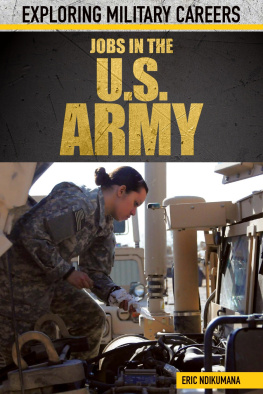

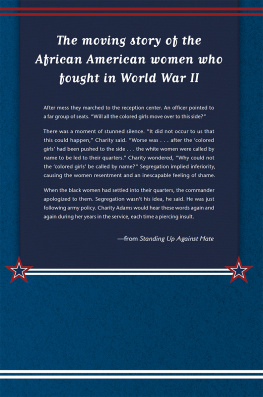
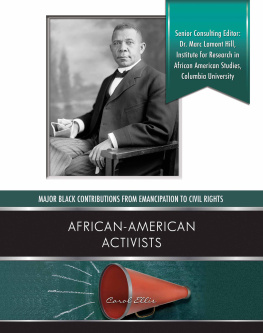
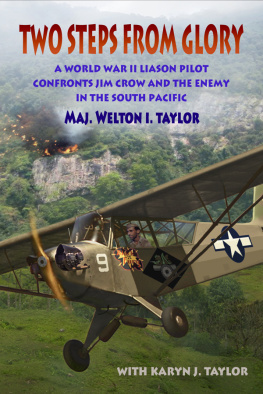
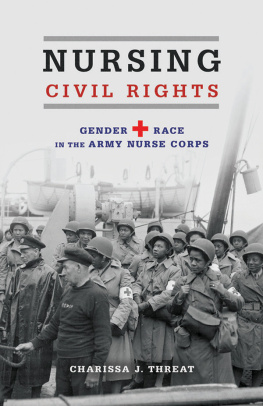
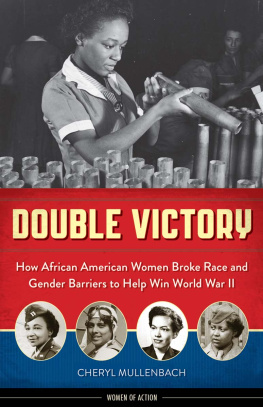
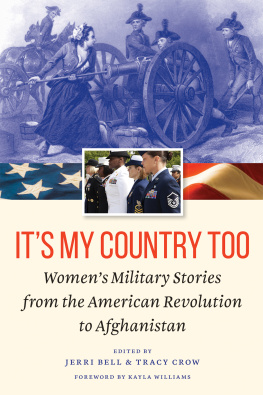
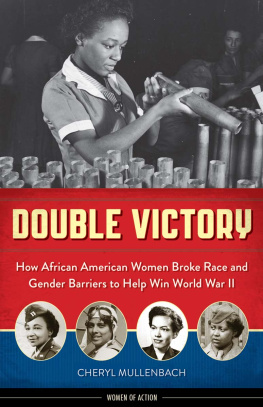


 This book is printed on acid-free paper.
This book is printed on acid-free paper.